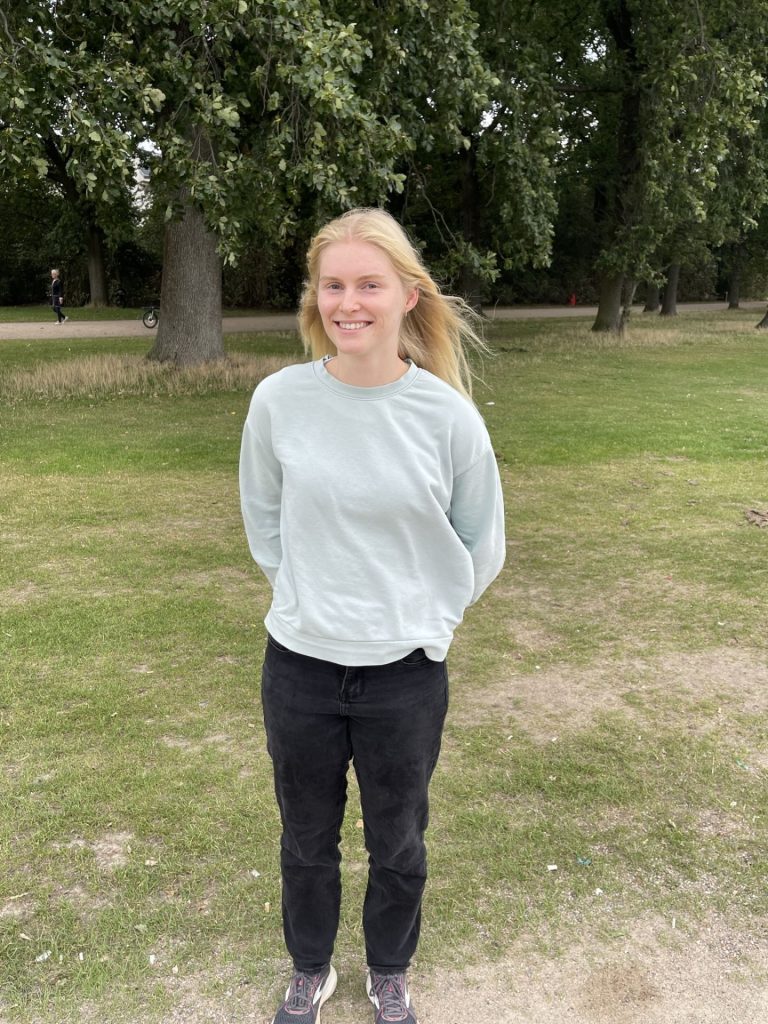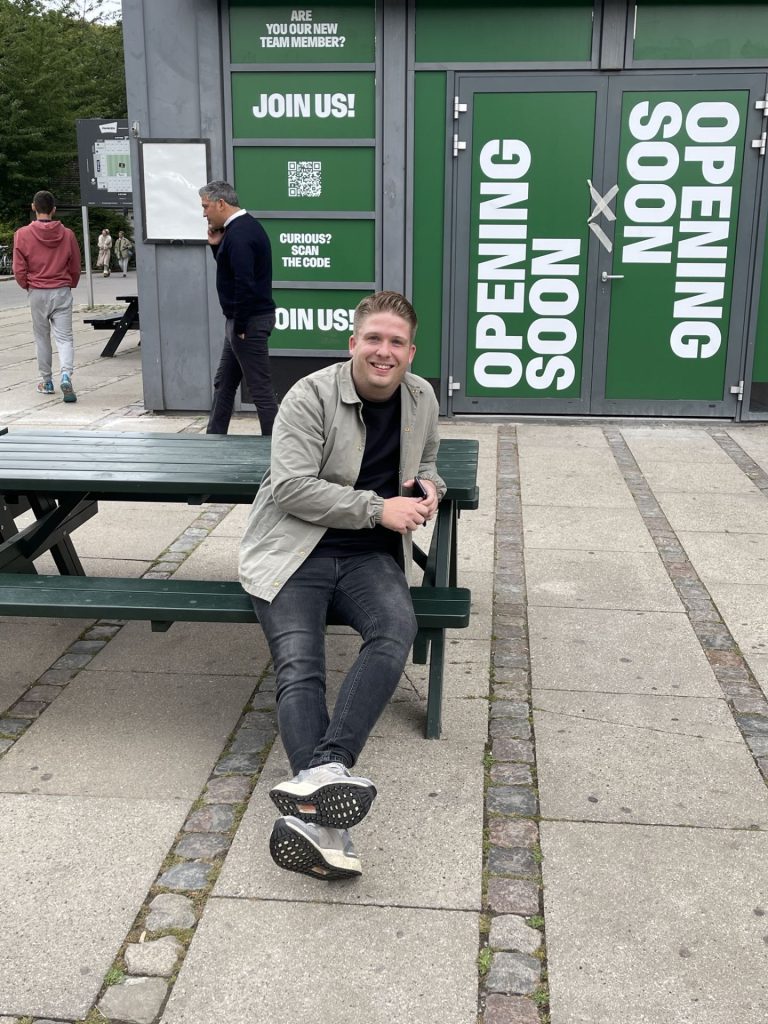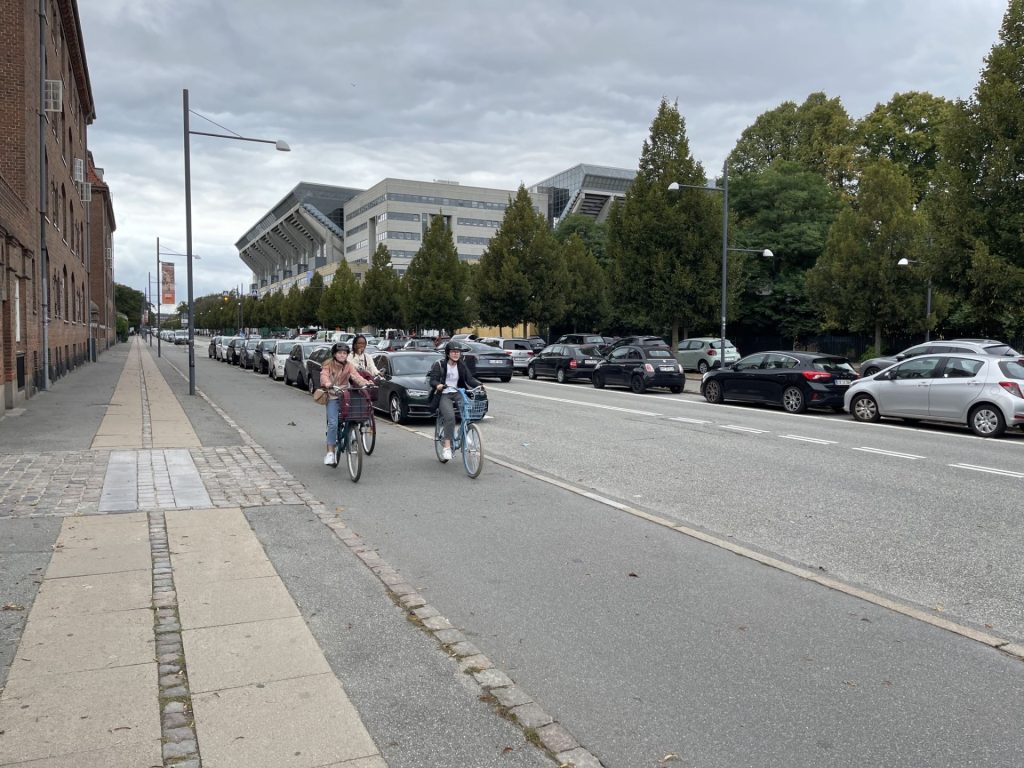By Eternity Uwaifo
As the summer months draw to a close, an election looms near. October 4th is the deadline given by The Social Liberal party, threatening to withdraw support if an election is not held this autumn. The political climate surrounding Prime Minister Mette Frederiksen becomes denser as those around her grow impatient, waiting for an election to be called.
“The political climate right now is calling for, if not change, then at least settlements. We need a clean sheet,” says Dr Stefan K. Sløk-Madsen, Education manager at CEPOS, Copenhagen’s Center for Political Studies.
Mette Frederiksen, elected in 2019, is ‘dividing the waters’, facing the backlash of two controversies, her fanbase in Denmark dwindles. In 2019 the Social Democrats held 25.9% of the vote. Now it’s 23.2%.
Although the Parliament in Denmark relies on coalitions, the ‘mink scandal’ whereby the government buried evidence of a cull of animals thought to be spreading COVID-19 was the last straw, breaking the trust between Frederiksen and her voters.
“Both Mette Frederiksen and her party were very popular during the lockdowns, but they have recently lost a lot of that popularity, partly because of the mink case,” tells Dr Mathias Wessel Tromborg, an associate professor at Aarhus University.
Lately, the party has moved backwards, losing votes in major cities such as Aarhus, Odense, Aalborg and even its former stronghold Copenhagen.
“Mette Frederiksen is a very divisive figure. Either you will love her or have some level of hate or animosity towards her,” says Dr Sløk-Madsen.
In Copenhagen, the Social Democrats lost to the left-wing party, The Red-Green Alliance losing the mayor’s office, which they’ve held since it was created in 1938.
Noting the upcoming election, Mette Frederiksen has tried to reposition her party, defining clear policies the party would introduce once re-elected. One is affordable housing.
In autumn 2021, the government introduced a new spending plan to boost affordable housing in major cities proposing to pay more money into welfare. But with the rising cost of living in an already expensive city, the proposal has struggled to gain traction with voters.

“Since the economy is getting worse and worse, that is definitely helping the right. The Conservative Party has been more ideologically clear than it has in years. They’re suggesting lower taxes while the Democrats want to spend more on welfare, which is hard since the money is already spent,” says Dr Sløk-Madsen.
Up on the ballot from the Conservative party is Søren Pape Poulsen, who vows to manage Denmark’s economy ‘more responsibly’ and spend ‘smartly’ when funding public services. He’s the first gay conservative who declared his run via a post on Facebook August 15th. He joins Jakob Ellemann-Jensen, the liberal party leader also running.
“On the right, you have Søren Pape Poulsen, who faces questions about his judgement because of his husband, and you have Jakob Ellemann-Jensen, who many people think is too urban, too slick and too inexperienced,” says Dr Sløk-Madsen.
The two popular votes this election are Inger Støjberg, former immigration minister and now leader of The Danish Democrats and 2019 Prime Minister Lars Løkke Rasmussen, leading The moderates. Labelled as the ‘two jokers of the bunch’, the candidates are most popular among young voters, especially students. The pair collectively now hold 13% of the vote, according to Voxmeter.
Charisma and authenticity also play a large part in Danish politics. The ability to resonate with politicians can often be the deciding factor among many voters who otherwise would be indifferent.

“I base my vote on who I believe is the most sincere, not necessarily the boldest claims, just who I believe can see it through,” says Patrick Larsen, 31, outside Parken.
Parken, Remisen and Ved Station 6 are sports complexes in Copenhagen doubled as polling stations during elections.
While an election is expected, the question of when is still debatable.
“Calling an early election is by no means an unusual thing to do in Denmark”, admits Dr Tromborg.
“In terms of welcoming it, I think it depends on what part of the Danish public you ask,” he adds.
Most remain ambivalent, waiting until an election is called to make a final decision on which person or party to pick, while others look forward to the grandeur that follows politics.
“It will be exciting because I think it will turn a bit to the other side. I think the government have been through a lot because of Covid. But I think it’s going to be exciting to watch the debates on TV and how they respond”, says Kathrine Kaalund, 30.
“I just got a little child, so the policies about childcare and the hospitals matter to me”, she adds.
This election is outlined by some of the critical issues marking this year. Usual topics of immigration have been back benched to address new issues such as climate change, the economy and the rising cost of living.
“Would you want to be Prime Minister in the next four years? I wouldn’t. It’s going to be a tough ride. We have inflation going on now. Interest rates are rising. We are very likely to hit a recession. It’s hard to be visionary in bad times, but that’s probably when we need to be it,” ends Dr Sløk-Madsen.
This story is written for an audience in the UK in their mid-20s – 30s who are interested in politics and/or international relations. This could be published on https://www.vox.com/ (VOX).
